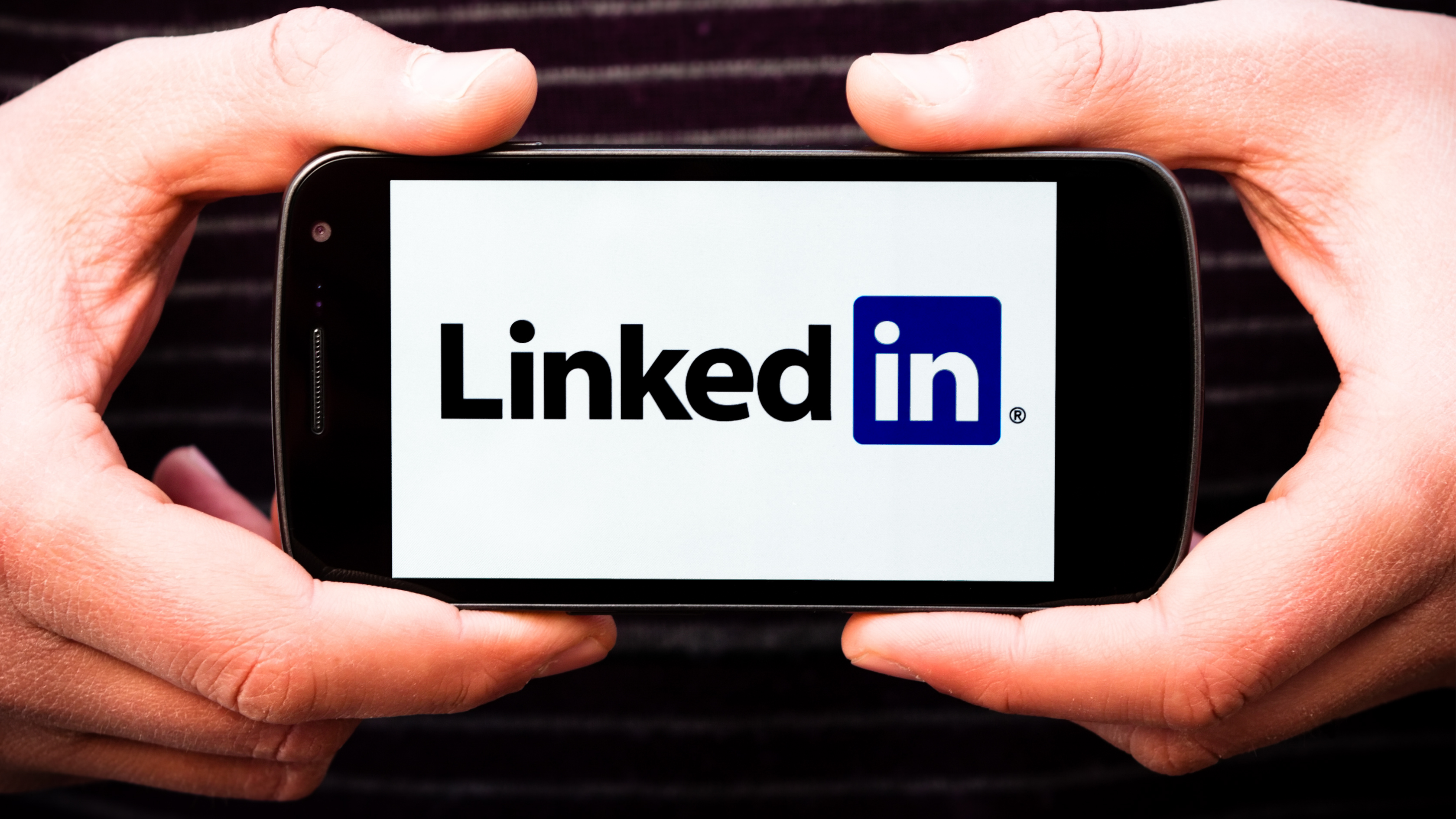
One of your sales guys can call the second-highest bidder and say: ‘You got close – and we have another asset in the yard you can have – similar condition for a similar price.’ Or maybe one bidder dropped out at just $25,000 – that’s potentially a pre-baked rental sale if you’re an equipment rental company: ‘How about you take one for $2,500 a month instead?’” That’s not a lead, that’s potentially further pre-baked sales. As soon as your auction closes, we send you (and anyone in your team), a notification with a table of all that bidder data, the profiles of the bidders (because they’ve all had to connect and network with you prior to bidding), and the highest prices points their bids reached. “Let’s say your excavator sells for $50,000. If they ran the auctions themselves, the reverse would be true – they would be priming their own sales funnel with red hot leads,” says Turner. “Companies who throw everything into third party auctions are basically rendering their sales teams redundant. While the winners’ data is important, the information about who didn’t win is just as important. Priming the sales team for follow-up sales That said, the unreserved option is available through these platforms – for those items where vendors just want it out of the yard.

This will draw a larger, prequalified, and interested audience, and avoid the risk of equipment being sold for less than its worth for lack of competition. Users of these new platforms can – should, in fact – leverage their customer database to drum up greater interest in their equipment sales. (Or simply geo-fencing markets and territories to restrict bidders to selected regions.) This then paves the way for inspection or discussing the provenance of a machine. These are situations that systems such as Krank can prevent by requiring potential bidders to be pre-approved by the vendor, if desired. Competitors acquiring your fleet cheaply, or discovering you’ve inadvertently sold assets to an embargoed country, are both outcomes to be avoided. It can also grate to know that third party auction companies pride themselves on making money when the market is good – but even more when the market is bad.”Ĭompliance is also a consideration. But if the asset you’re selling isn’t in demand, vendors may be disappointed. “While there is little doubt that they are quick and efficient ways to raise cash, often they’re a last resort. “If you're prepared to risk selling at an unreserved auction, it can be a good route for disposal, especially when demand outweighs supply,” says Krank founder Mark Turner. In each, both buyers and sellers enjoy a more rewarding transaction, with far fewer (or even zero) supplementary costs. Krank offers three avenues of disposal – ‘classifieds’, eBay-style 30-day timed auctions, and live auction events. UK headquartered Krank is the leading example, used by major equipment OEMs and fleet owners. These are just two of the problems with third party auctions that are persuading equipment sellers to bring remarketing responsibility in-house, thanks to a new breed of online SaaS platforms. However, with bidding data locked in the auctioneer’s database, there is no way of tapping into that lucrative market of disappointed bidders for further, future sales.

Or perhaps you get lucky, offloading an asset at a time of peak demand, with frenzied bidding driving the price sky-high. (Often made up of competing brands.) You send your well-maintained assets to an unreserved auction – and not only is there a risk of them being snapped up for a fraction of their true worth, but many of them could end up on the other side of town, filling the portfolio gaps of your fiercest rival.

Or a major OEM with large numbers of used trade-in machines to remarket. Imagine you’re a contractor or owner of a rental house in the process of recycling your fleet.


 0 kommentar(er)
0 kommentar(er)
